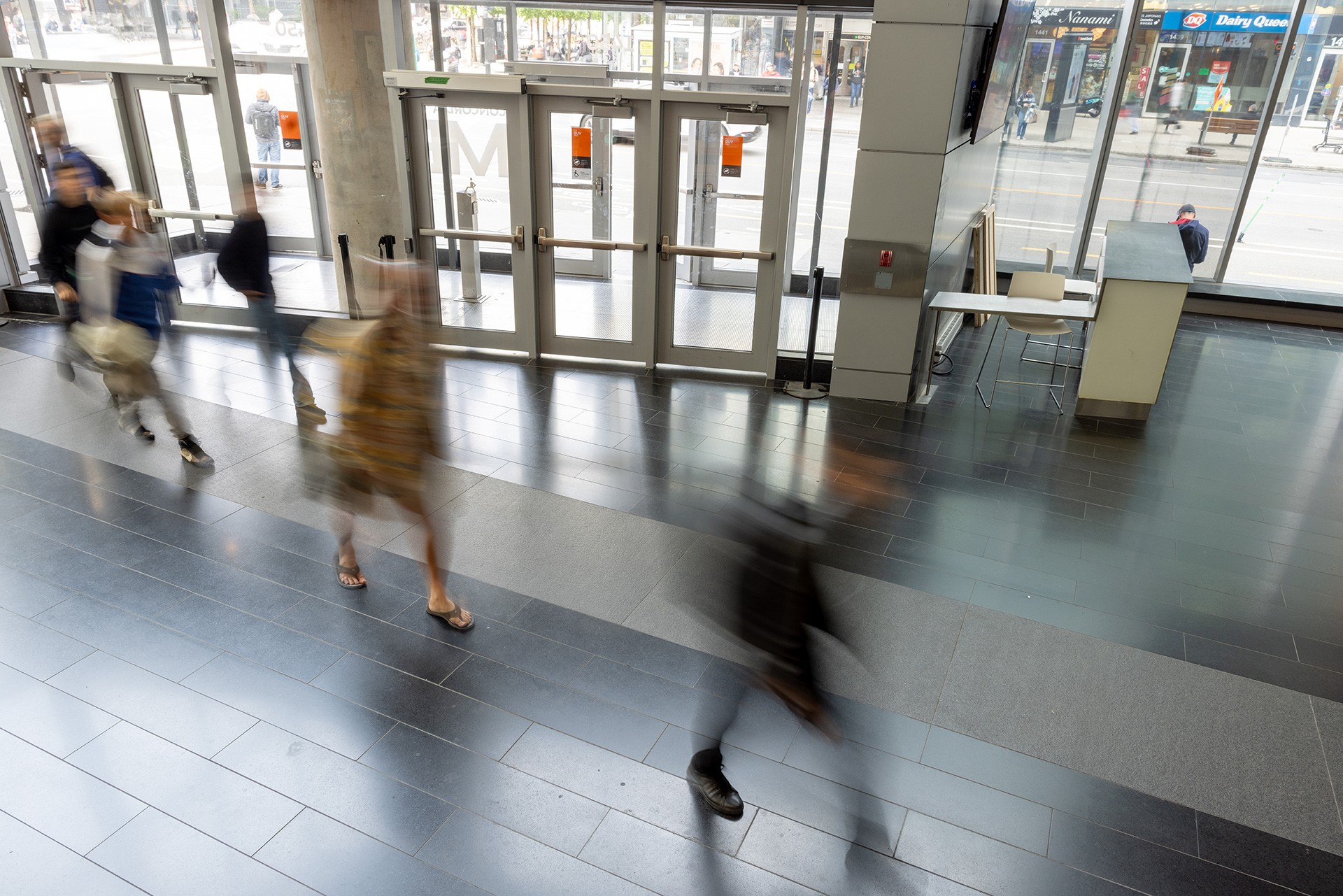notice
Concordia University concludes operations of the Montreal Institute for Genocide and Human Rights Studies

Concordia University has concluded the operations of the Montreal Institute for Genocide and Human Rights Studies (MIGS) due to budgetary constraints. We extend our sincere gratitude to all faculty, staff, students and partners who dedicated themselves to advancing MIGS’ mission over the years.
The institute became known for its pivotal work, including the Will to Intervene project, which sought to prevent mass atrocities through education and policy advocacy. Additionally, MIGS led initiatives such as the Digital Mass Atrocity Prevention Lab contributed to the global conversation on combating online hate and extremism. We deeply appreciate the efforts of everyone involved and remain committed to supporting initiatives that promote human rights.

